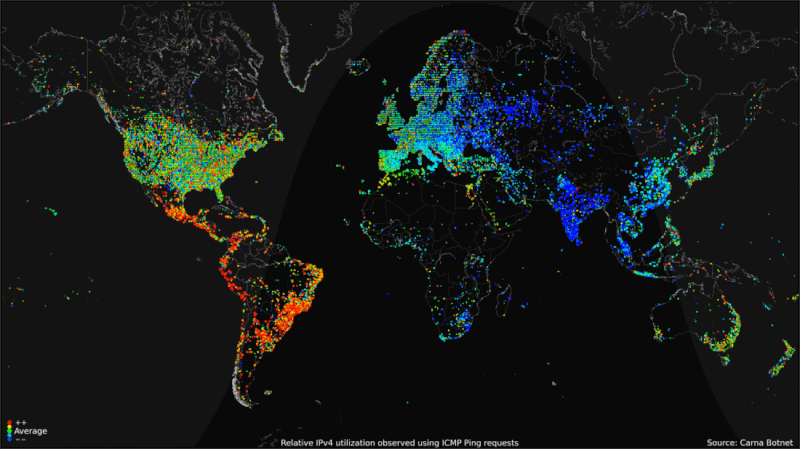MFA Two Factor Authentication: Enhancing Security in the Digital Age
In today’s digital age, cybersecurity has become a critical concern for individuals, organizations, and businesses. With the increasing number of cyber threats and data breaches, it’s essential to implement robust security measures to protect sensitive information. One such measure is Multi-Factor Authentication (MFA), also known as Two-Factor Authentication (2FA). In this article, we’ll explore the benefits and importance of MFA Two Factor Authentication in enhancing security in the digital age.
What is MFA Two Factor Authentication?
MFA Two Factor Authentication is a security process that requires users to provide two forms of identification to access their accounts or systems. The first factor is something the user knows, such as a password or PIN, while the second factor is something the user has, such as a security token or a biometric factor like a fingerprint or facial recognition. This additional layer of security makes it more difficult for unauthorized users to gain access to sensitive information, even if they have stolen or guessed the user’s password.
Benefits of MFA Two Factor Authentication
1. Enhanced Security: MFA Two Factor Authentication provides an extra layer of security to prevent unauthorized access to sensitive information. It reduces the risk of data breaches and identity theft by making it harder for attackers to gain access to accounts.
2. Compliance: Many regulatory bodies, such as HIPAA, PCI DSS, and GDPR, require organizations to implement MFA Two Factor Authentication to protect sensitive data. By implementing MFA, organizations can ensure compliance with these regulatory requirements.
3. User Experience: MFA Two Factor Authentication can improve the user experience by providing a more secure and convenient login process. Users can choose from various authentication methods, such as SMS, email, or mobile apps, to suit their preferences.
4. Cost-Effective: MFA Two Factor Authentication is a cost-effective security measure that can save organizations money in the long run. By preventing data breaches and identity theft, organizations can avoid the financial and reputational damage caused by these incidents.
5. Scalability: MFA Two Factor Authentication is scalable and can be easily implemented across an organization’s entire IT infrastructure. It can be integrated into various systems and applications, such as VPNs, email, and cloud services.
Importance of MFA Two Factor Authentication
1. Preventing Phishing Attacks: Phishing attacks are a common method used by attackers to steal user credentials. MFA Two Factor Authentication can prevent these attacks by requiring users to provide a second factor, such as a security token, before granting access.
2. Protecting Against Password Attacks: Password attacks are a common method used by attackers to gain unauthorized access to accounts. MFA Two Factor Authentication can prevent these attacks by requiring users to provide a second factor, such as a biometric factor, before granting access.
3. Enhancing Mobile Security: With the increasing use of mobile devices, MFA Two Factor Authentication is becoming more important. Mobile devices are often lost or stolen, making it easier for attackers to gain access to sensitive information. MFA Two Factor Authentication can prevent these incidents by requiring users to provide a second factor, such as a security token, before granting access.
4. Protecting Against Insider Threats: Insider threats are a growing concern for organizations, as they can cause significant damage to sensitive information. MFA Two Factor Authentication can prevent these threats by requiring users to provide a second factor, such as a biometric factor, before granting access.
Conclusion
In conclusion, MFA Two Factor Authentication is a critical security measure that can enhance security in the digital age. It provides an extra layer of security to prevent unauthorized access to sensitive information, improves user experience, and is cost-effective and scalable. With the increasing number of cyber threats and data breaches, it’s essential to implement MFA Two Factor Authentication to protect sensitive information and ensure compliance with regulatory requirements. By implementing MFA Two Factor Authentication, organizations can prevent phishing attacks, password attacks, enhance mobile security, and protect against insider threats. It’s time for organizations to embrace MFA Two Factor Authentication and take a proactive approach to cybersecurity.
